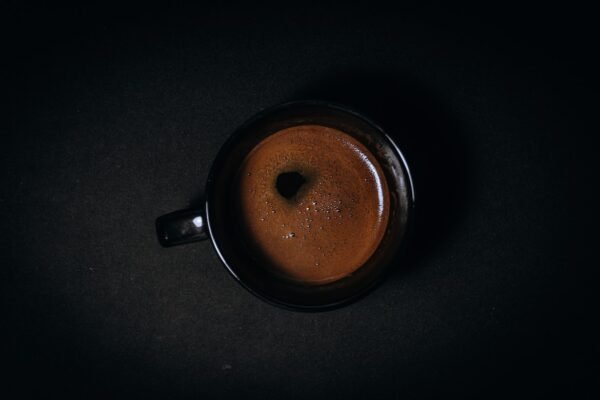Coffee has long been considered an indispensable beverage around the world. For millions it serves as more than just an everyday beverage; it’s part of their morning ritual, source of comfort, and purported productivity booster. But moderation is key as excessive coffee consumption may have adverse health consequences.

The Dehydrating Dilemma
One often-overlooked downside of drinking coffee is its diuretic effect, leading to increased urine production and leading to dehydration if it’s not balanced with ample amounts of water intake. This issue tends to worsen with those who drink excessive coffee consumption. Dehydration can lead to anything from simple dry mouth and fatigue to headaches, dizziness, and fainting episodes. Meaning those third or fourth cups could cost you more than sleep – they could drain essential hydration away from your body!
Erosion of Dental Aesthetics
One less-discussed side effect of excessive coffee consumption is its potential to stain and erode enamel, potentially endangering not only oral health but also your smile’s aesthetics. Tannins found in coffee can accumulate on tooth enamel over time and cause yellow or brown discoloration, while its acidity wears down enamel and increases chances of cavities or damage. Frequent coffee drinkers may need to visit a cosmetic dentist more frequently in order to restore their pearly whites. Regular cleanings, whitening treatments or veneers may be needed in order to counteract the negative impact of coffee consumption on oral health. Keep this in mind when sipping on that refreshing latte; remember it may come at the price of oral wellness!
Impact on Digestive System
Coffee’s effects extend far beyond oral health and hydration levels; they can also have significant ramifications on our digestive health. Coffee’s acidic content may irritate stomach lining, leading to acid reflux or gastritis if susceptible. Furthermore, caffeine stimulates muscle contractions in the colon, speeding up bowel movements. While this can be helpful for some individuals with IBS symptoms or loose stools. While coffee might be an essential part of everyday life for some of us, its consumption shouldn’t come without risk ramifications on our digestive health.
Dependence and Withdrawal
Coffee’s widespread appeal brings with it the risk of physical dependence and withdrawal symptoms, due to caffeine being an active stimulant which may cause psychological and physical reliance. Regular coffee drinkers may find that as their tolerance and dependence build, more coffee is required to achieve the same level of alertness and focus, which is a telltale sign that quitting suddenly could lead to withdrawal symptoms. Headaches, fatigue, irritability, and depression are symptoms that may last several days and interfere with everyday activities.
While coffee provides much-needed energy benefits, it is also essential to consider potential drawbacks associated with caffeine dependence and withdrawal before becoming dependent upon it.
Sleep Deprivation and Anxiety
While coffee may be revered for its stimulating qualities, its caffeine can inadvertently lead to sleep deprivation and anxiety. Caffeine blocks adenosine neurotransmitters that promote restful slumber resulting in prolonged wakefulness. Regular consumption can disrupt our sleep structure and quality, leading to insomnia or fragmented slumber. Furthermore, coffee may trigger our “fight or flight response”, leading to increased heart rate and anxiety.
Studies have established a link between increased caffeine intake and anxiety, panic disorders, and insomnia. So while drinking caffeine may help you remain alert during the daytime hours, its effect could potentially have adverse ramifications on nighttime restfulness and mental wellbeing.
Conclusion
While coffee is certainly one of life’s greatest simple pleasures, too much can have its drawbacks. As with anything in life, taking pleasure from it moderately will ensure you reap its many advantages without succumbing to its potential risks.
